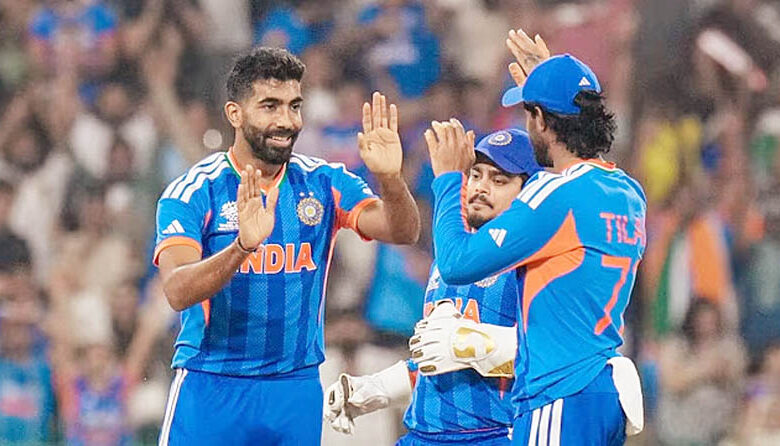Mumbai: Speaking exclusively on JioHotstar’s special series “Gen Gold”, Gujarat Titans’ star spinner Rashid Khan shared insights on captaincy, leadership, the evolution of T20 cricket, and his mindset as a bowler in the TATA IPL.
On Shubman Gill’s captaincy and leadership qualities
“Shubman has a very bright future as a leader, not just as a batter but in the way he thinks and understands the game. He comes with a plan. He’s very calm, and when you see him on the ground—the way he manages the team, the bowlers, and the overall environment—I think he has all the qualities to be a great leader. He’s captaining in such a big league, and I think the pressure here is even more than the World Cup. This is the best opportunity for him as a captain to perform under pressure and take bold decisions.”
On being part of the Gujarat Titans
“Since I joined this team, the coaching staff and players welcomed me so well. I never felt like I had played for another team for five years before. That’s when the family atmosphere formed, and I started enjoying the game a lot more. My performance improved, and I got more opportunities—even with the bat. It’s very important that when you’re in a team, you get some responsibility and there’s open discussion.”
On his stint as Gujarat Titans’ captain in the TATA IPL
“One of the biggest moments for me was leading Gujarat Titans when Hardik Pandya was unwell during Gujarat Titans’ debut season in the IPL. It was a dream come true. That experience helped me grow, not just in the league but also when I returned to lead Afghanistan. I started thinking differently. Compared to 4–5 years ago, I had a shift in mindset. That leadership stint helped me and played a part in Afghanistan reaching the semi-finals in 2024. The IPL exposes you to different conditions and situations that test and shape you into a better leader and player.”

On the evolution of T20 cricket and the challenge for bowlers
“The batsmen have started playing high-risk shots from ball one. As a bowler, you have to work twice as hard now. You need to be smarter and ready for any situation. Sometimes, you might start your over with a six, but you have to figure out how to end it under 10 runs. It’s in the bowler’s hands to control the situation. A lot of extra hard work is needed in the nets. Earlier, bowlers weren’t mentally prepared for such aggressive batting. But now, many are coming with new plans and strategies.”
On his approach as a wicket-taking spinner
“My plan is always to focus on my skills and strengths and bowl in good areas. Whether I get a wicket or not is secondary. If I put pressure from one end, wickets can come from the other. If a batter plays defensively, I’ll attack more and make tactical field changes to force big shots. If the wicket offers support, even defensive play creates chances. If there’s no help from the surface, I aim to finish my four overs under 25 runs. Ultimately, giving fewer runs helps the team and creates opportunities for other bowlers—even if I don’t take wickets.”









